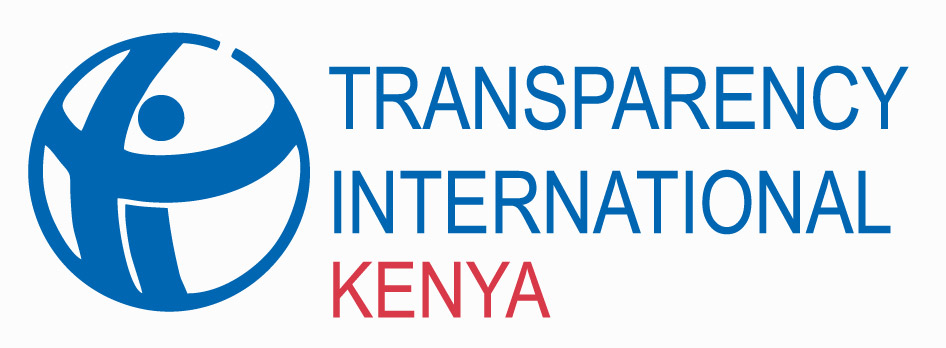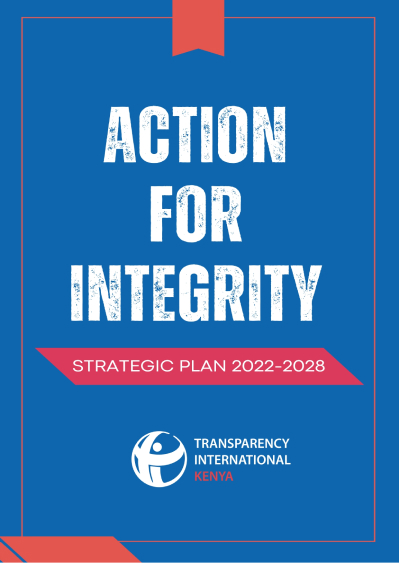By Sheila Masinde and Robert Mwanyumba
Ten years after exiting the Financial Action Task Force (FATF) Grey List, Kenya makes a swift return in 2024. This follows the Mutual Evaluation by its peers that identified strategic deficiencies in combatting money laundering, terrorism financing and proliferation financing leading it to be designated as a jurisdiction under increased monitoring. Deficiencies in the anti-money laundering framework have made Kenya vulnerable to illicit financial flows, with illicit funds leaving as well as being laundered in the country. This comes at an awkward moment for the country which in 2023 took the helm of the Eastern and Southern Africa Anti-Money Laundering Group (EASAAMLG). This adverse listing also presents a reputational risk to Kenya and erodes our standing in the regional and global financial market.
Kenya was listed because of numerous shortages including: deficiencies to implement preventive measures against money laundering with respect to collaboration of the private and public sector; inability to demonstrate successful investigation and prosecution of money laundering offences; deficiencies to strengthen supervision of designated non-financial businesses and professions (DNFBPs) including lawyers, dealers in precious metals and virtual assets service providers; shortcomings in collection of beneficial ownership information; ineffective utility of financial intelligence information including investigations, prosecution and sanctions; and revising provisions for not-for-profits or non-governmental organisations to ensure it is risk based.
These areas demonstrate strategic deficiencies in both regulation from emerging areas e.g. virtual assets, and poor execution of mandates by agencies such as the financial intelligence unit. It is noteworthy that some of the gaps point towards regulating enablers such as DNFBPs and in particular lawyers who play a pivotal role in facilitating transactions. On the other hand, virtual assets service providers pose a particular threat as they are largely unregulated. In addition, deficiencies marked in information collection and utilisation by mandated institutions to curb money laundering, terrorism financing and proliferation financing, including beneficial ownership transparency within trusts, should be strengthened by inter-agency cooperation including the capacity to tackle complex cases, in particular.
These deficits raise questions on political will and institutional capacity with respect to technical abilities, resourcing and ability to act. Sustained political will and momentum is essential so that Kenya can deliver long-term results and fully address the identified shortcomings that undermine resource mobilisation and development objectives.
Studies show that countries which are grey listed experience a myriad of effects including declines in foreign aid and investments that results in a drop in capital flows at a time Kenya needs to balance its trade deficit and reduce its debt burden. The listing is likely to elicit deeper scrutiny by international financial institutions and foreign banks leading to process delays and higher transaction costs. Stricter requirements for adherence to anti-money laundering and countering terrorist financing regulations, may lead to higher compliance costs for financial institutions, businesses, and individuals raising the cost of doing business.
Kenya, however, has committed to address the strategic deficiencies and already passed a number of legislative reforms including the AML/CFT (Amendment) Act 2023 which provides for reduced reporting timelines, increased reporting obligations on the ultimate beneficial owner and recognition of lawyers as DNFBPs. These reforms should be fully implemented alongside enhanced measures to investigate, prosecute and deter money laundering and terrorism financing offences.
It is prudent that Kenya takes restorative steps to ensure that it exits the grey list resisting approaching the action plan as a “check box” exercise but also mitigate serious vulnerabilities to illicit financial flows. The failure by institutions to efficiently execute their mandate has a spillover effect on the broader country especially given Kenya’s status as being at risk of high debt distress, meaning further shocks to the economy will continue to hurt the most vulnerable.
The government should also not use the opportunity to revise the regulation of NGOs to clamp down on the civic space and should instead move swiftly to operationalise the Public Benefit Organisations (PBO) Act. It is important to safeguard and promote NGOs and other independent oversight institutions who hold the government to account.
Sheila Masinde is Executive Director of Transparency International Kenya; Robert Mwanyumba is the Transparency International Africa Regional Advocacy Coordinator and Regional Advisor – Southern Africa

